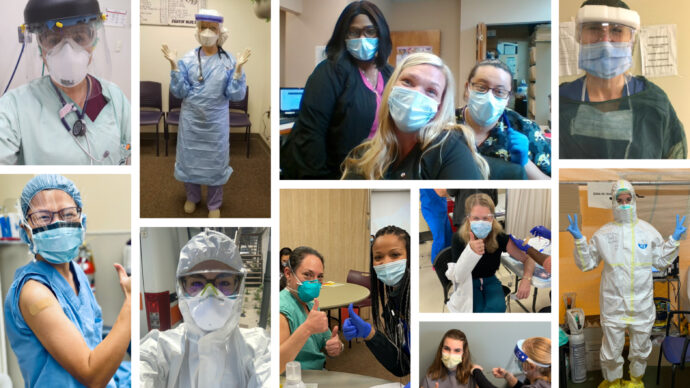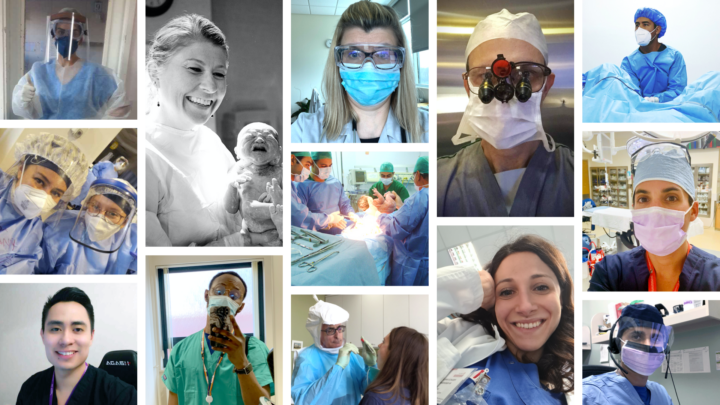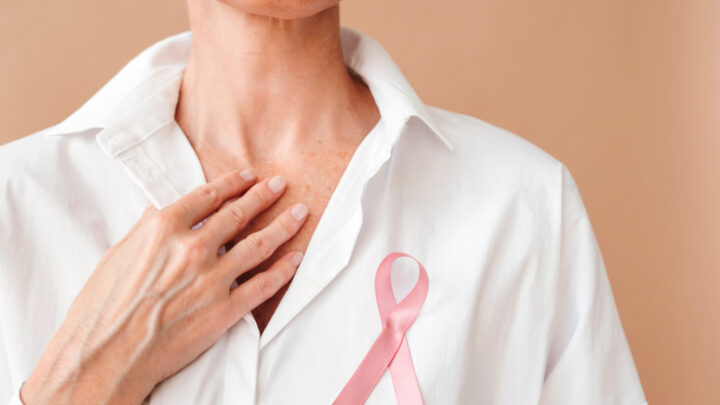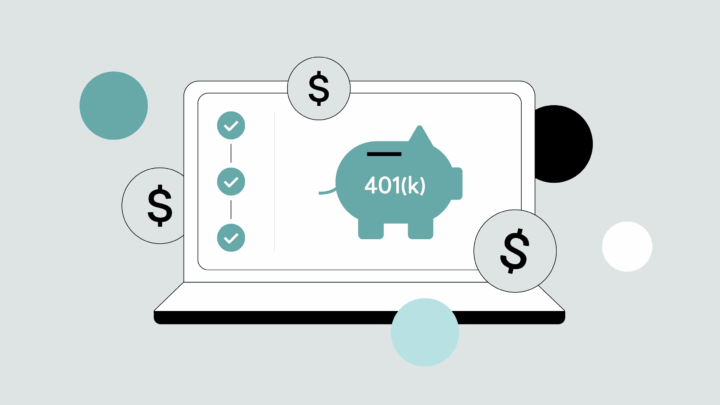
International Women’s Day is a global holiday celebrated annually on March 8 to commemorate the cultural, political, and socioeconomic achievements of women. This year, Sermo physicians from around the world celebrated the female trailblazers who paved the way and changed the face of medicine. These women—such as Elizabeth Blackwell who became the first woman in the United States to be granted an MD degree in 1849—overcame poverty, stereotypes, and discrimination—and they went on to build hospitals, win Nobel Prizes, become leaders in medicine, and above all, improve the health of millions.
Gloria Steinem, world-renowned feminist, journalist and activist once explained, “The story of women’s struggle for equality belongs to no single feminist nor to any one organization but to the collective efforts of all who care about human rights.”
In a poll of 150+ global doctors, 97% it is important to honor and remember the female trailblazers in medicine. But as one physician from Internal Medicine urged, “More important than recognizing the contribution of women, I would argue, would be doing the work to pay them equally and fairly.”
While massive advancements in medicine are made every year, 81% believe that women in medicine still experience adversity. That said, 78% have seen the role of female doctors change during their careers.
Medicine is still a male-dominated field, and 76% said we need to encourage more women to go into medicine. Because—as 98% of Sermo doctors believe—female doctors contribute an important voice and perspective to the practice of medicine.
Below, Sermo physicians from around the world share their professional insights, perspectives, and opinions on this important topic—in their own words:
More important than recognizing the contribution of women, I would argue, would be doing the work to pay them equally and fairly. There is still a large gender equity pay gap for women even when we control for taking part time, years of experience, maternity leave etc. Women simply are paid less than men for doing the exact same roles. And there is even data in a not so unrecent study that women hospitalists were less likely to have their patients DIE in house. So it is not about the quality of care or their skills. Certainly part of the problem comes from women not negotiating their worth. This is something I like to help women physicians with as a Coach for women physicians. Money aside though, we also experience sexism and gender bias and microagressions. We get mistaken for the nurse. We get sexual advances made towards us. We are sexually harassed by male superiors (and most superiors are men if you look at dept chairs etc) heck yes we have a long way to go. I love being a physician. I love caring for patients. I love medicine and I love women physicians we are an incredible bunch. I wish the system gave us the credit due. One day a year is a start but there is much more to be done.
Internal Medicine
10% of my medical school class was female. When my daughter attend it was 48%. Big change
Internal Medicine
A female physician has to overcome many obstacles to become and work as a physician. Many men do also, but they usually don’t have the same social and cultural constraints over time. I am grateful for the strong role models I had back in the day and for my contemporaries who also made a major impact on medicine, on the world. These were women who worked very hard to do all they did at work and at home, yet they did it gracefully and with heart. You often make compromises. Financial. Power positions. Relationship challenges. Lost time and opportunities yet profound blessings in doing good work. Some sacrificed greatly, but most sacrificed continually. Beautiful and strong doctors, wives, mothers, daughters. Beautiful women.
Physical Medicine & Rehabilitation (Physiatry)
My mom inspired me to go into Medicine, she’s my hero!!
Internal Medicine
Without these women kicking the door open for female physicians, I don’t think we would have the numbers we do in the Medical profession and the specialties. Especially in mine which is Anesthesiology.
Anesthesiology
Everyday thousands of Sermo member physicians from diverse backgrounds and experiences exchange knowledge with each other. Sermo is the original medical social network that empowers today’s physicians. Over 1 million fully verified physicians across more than 150 countries come to our platform to talk with peers, participate in paid medical studies, solve challenging patient cases, contribute to the world’s largest database of drug ratings – and enjoy a few laughs along the way.
Interested in more? Check back any time and follow us on Facebook, Twitter, and LinkedIn for the latest and greatest in physician insights.
Are you a physician or healthcare practitioner? Explore the many benefits of joining Sermo’s medical community and sign up for free today.














